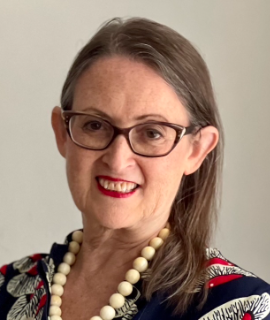Title : Reiki practice, a bridge between traditional & conventional medicine
Abstract:
Reiki is a spiritual practice that originated in Japan in the 1920s, was brought to the United States in the 30s, and has subsequently spread around the globe, albeit with many, mostly unacknowledged changes. Reiki practice is increasingly offered in major academic medical centers in the USA — including prestigious institutions such as Memorial Sloan Kettering Cancer Center, New York-Presbyterian/Columbia Hospital, Dana Farber/Harvard Cancer Center, Yale-New Haven Hospital, California Pacific Medical Center, Cleveland Clinic, and Johns Hopkins Hospital and Health System — without sufficient evidence to support it.
How did this unique inclusion come about, and what can other healthcare systems glean from this unusual situation?
We’ll review the published research, and detail why most studies are inconclusive. Additionally, we’ll clarify what research is needed, why it isn’t being done (and won’t be done in the future), and what are the particular challenges of researching the benefits of Reiki practice. We’ll also discuss a plausible, non-phenomenal model for the mechanism of action that respects the spiritual roots of the practice and aligns with contemporary neuroscience.
Audience Take Away:
- How Reiki practice seamlessly fills gaps in conventional care and can support patients, families, and staff
- How Reiki practice can improve outcomes without compromising traditional or conventional protocols
- Summary of existing Reiki research
- Why most Reiki research is poor quality, what are the hurdles, and how can we do better
- How to identify qualified, credible Reiki practitioners and prepare them for collaboration



